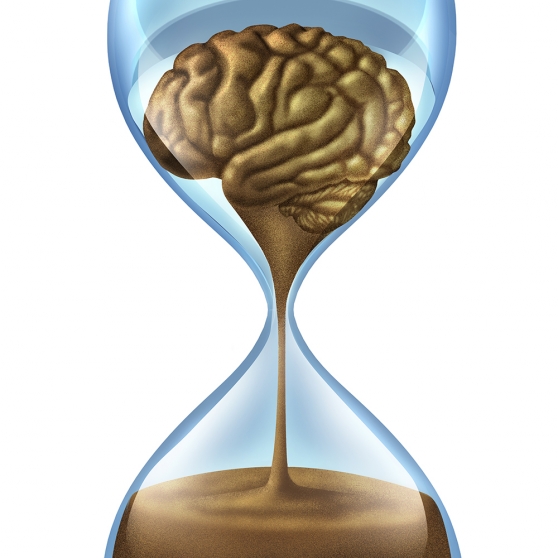Stroke Awareness
Strokes can cause permanent or temporary disabilities. After a stroke, a person may lose muscle movement in some parts of their body or face. Physical therapy can help stroke victims recover basic movements, such as eating and walking. After a stroke, a person may experience difficulties with language, talking and swallowing. Working with a speech language pathologist may help correct these problems. After a stroke, a person may also experience memory loss, emotional and physical pain, changes in their behavior, and changes in their ability to take care of themselves.
Reviewed by:
Review Date:
May 21, 2015Citation:
CDC, "Preventing Stroke: Healthy Living" Mayo Clinic, "Coping and support" American Stroke Association, "Stroke Treatments" National Heart, Lung, and Blood Institute, "How Is a Stroke Diagnosed?" Mayo Clinic, "Symptoms and causes" American Stroke Association, "About Stroke" American Stroke Association, "Spot A Stroke" Mayo Clinic, "Stroke Overview" Image courtesy of Skypixel | Dreamstime.com Image courtesy of Paulus Rusyanto | Dreamstime.com Image courtesy of Alila07 | Dreamstime.com Image courtesy of Paulus Rusyanto | Dreamstime.com Image courtesy of Skypixel | Dreamstime.com Image courtesy of Ikonoklastfotografie | Dreamstime.com Image courtesy of Timwege | Dreamstime.com Image courtesy of Andrew Bassett | Dreamstime.com Image courtesy of Ruslan Huzau | Dreamstime.com
Last Updated:
May 21, 2015
